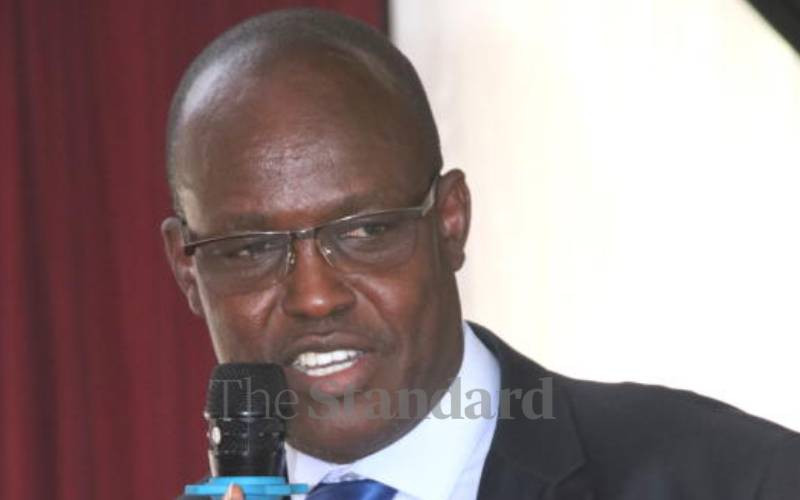×
The Standard e-Paper
Join Thousands Daily

Turkana Governor Jeremiah Lomorukai has been dealt a blow, after losing his bid to stop arrest by the Ethics and Anti-Corruption Commission (EACC).
This is after high court judge Reuben Nyakundi ruled that the governor failed to demonstrate that the Commission has breached his fundamental rights to freedoms.